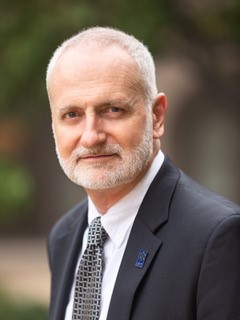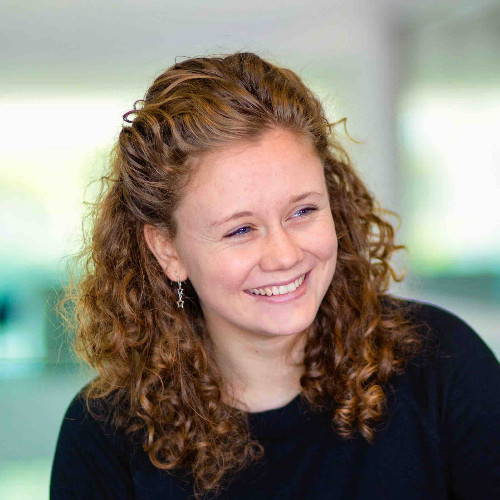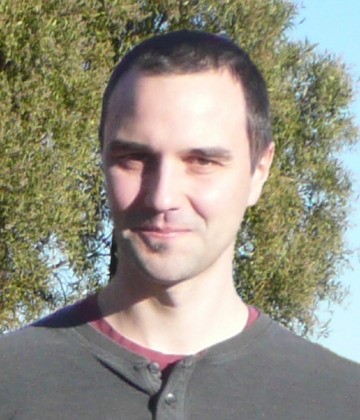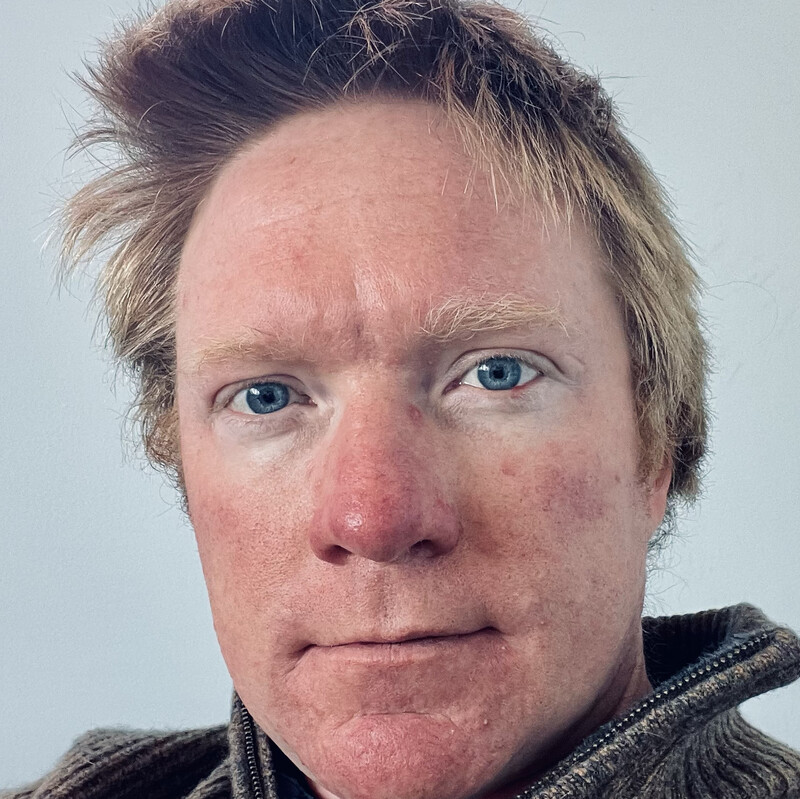The Astronomical Society of Australia (ASA) will honour eight astronomers with prizes at its Annual Scientific Meeting.
Four of these are affiliated with ASTRO 3D. Congratulations to the following:
Prof. Matthew Colless, AO.
ASTRO 3D Chief Investigator, Australian National University.
Winner of the ASA’s  ELLERY LECTURESHIP
2024 FOR OUTSTANDING CONTRIBUTIONS IN ASTRONOMY RESEARCH.
ELLERY LECTURESHIP
2024 FOR OUTSTANDING CONTRIBUTIONS IN ASTRONOMY RESEARCH.
‘Building Australia’s ability to explore the cosmos.’
Australia’s leadership in optical astronomy is due, in large part, to the work of Matthew Colless over recent decades. As a researcher, Professor Colless has led pioneering work in constructing large samples of galaxies to understand their evolution and the large-scale structures they form, and to measure the amount of dark matter and dark energy. As a leader, he has ensured that up and coming astronomers have access to the best training and the best telescopes.
 Dr
Katherine Harborne, University of Western Australia/ICRAR.
ASTRO 3D Affiliate. Winner of the 2024 EMERGING
LEADERS IN ASTRONOMY SOFTWARE DEVELOPMENT PRIZE – for
outstanding contribution to the development of open-source
astronomical software by an early career researcher.
Dr
Katherine Harborne, University of Western Australia/ICRAR.
ASTRO 3D Affiliate. Winner of the 2024 EMERGING
LEADERS IN ASTRONOMY SOFTWARE DEVELOPMENT PRIZE – for
outstanding contribution to the development of open-source
astronomical software by an early career researcher.‘A common language to describe galaxies.’
Katherine’s SimSpin software bridges theoretical and observational astronomy, allowing astronomers to directly compare simulations and real-world observations of galaxies.
 Prof.
Christoph Federrath, Australian National University, ASTRO
3D Associate Investigator. Joint winner of the ANNE
GREEN PRIZE 2024 – for a significant advance or accomplishment
by a mid-career scientist.
Prof.
Christoph Federrath, Australian National University, ASTRO
3D Associate Investigator. Joint winner of the ANNE
GREEN PRIZE 2024 – for a significant advance or accomplishment
by a mid-career scientist.‘Making stars in a supercomputer’
Christoph Federrath’s research focuses on understanding the formation of stars in the Universe, a process that controls galaxy evolution and sets the initial conditions for planet formation. He has developed theoretical models and supercomputer simulations of molecular clouds, the birthplaces of stars. This involves the physics of turbulence, gravity, magnetic fields, radiation, stellar feedback and chemical evolution.
